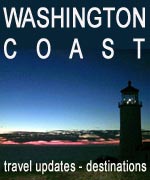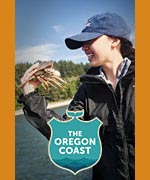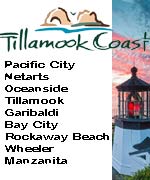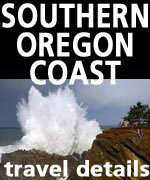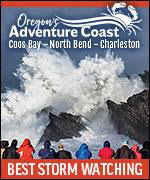 |
Oregon Scientists: Reaction to Coastal Quake Scare a Tad Much
Published 07/24/2015 at 5:04 AM PDT
By Oregon Coast Beach Connection staff
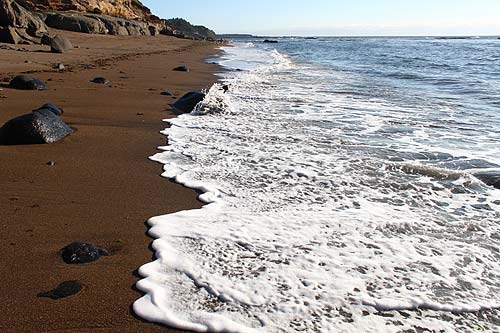
(Oregon Coast) – That recent article in The New Yorker about the Northwest's looming earthquake disaster caused a great deal of alarm in the region, and it is leaving the Oregon scientists written about a tad alarmed about the reaction.
The article caught fire on the internet and created a viral monster with the phrase “everything west of I-5 would be toast.” Yet, there is nothing that new that many Oregonians didn't already know, although it does paint a darker picture than many scientists who study the faultlines off the Oregon coast had talked about before.
Oregon State University and the Sea Grant Program want to caution the public to not look at the worst-case scenario as the most likely, and they are concerned some will simply give up the idea of earthquake preparation altogether.
Patrick Corcoran, with OSU and Sea Grant, said it's a matter of feast or famine.
“The Cascadia Subduction Zone has shifted from a science project to a social studies project,” Corcoran said. “We need to find a sweet spot between fear and action. What I try to do is temper the tendency of people to toggle between the poles of ‘it won’t happen here’ and ‘it will be so bad that there’s no use worrying about it.’”
Portland, many valley towns and the Oregon coast have been working on such preparations for years, which included extensive education programs about tsunami preparedness on the Oregon coast. Buildings all over the region are getting retro-fitted to withstand quakes, and many coastal cities will soon be working on building codes that will help resist tsunamis.
Still, there's more work to be done, as illustrated by an Oregon Public Radio report on the Stephens family of Portland working on their disaster planning. This aired about a month before the New Yorker piece.
OSU scientists say the Cascadia Subduction Zone off the Oregon coast could yield a magnitude 8.0 all the way up to a 9.0. The latter, which Corcoran calls the "largest of the large" (and the same size quake that hit Japan in 2011), would create devastating tsunamis along the shoreline and wreck infrastructure inland.
However, Corcoran said the more likely scenario is an earthquake on "the average side of large," where the damage is less.
The best approach, Corcoran says, is to prepare for the "most likely next event" - and that doesn’t necessarily mean the destruction of western Oregon as we know it.
Chris Goldfinger, a professor in OSU’s College of Earth, Ocean, and Atmospheric Sciences and a leading expert on the Cascadia Subduction Zone, was the scientist interviewed in the fiery article. He said the chances of a major quake off the Oregon coast are at about 24 percent in the next 50 years.
Goldfinger said his comments about Oregon getting toasted were a bit blown out of proportion. He maintains he simply noted how Oregon officials have to plan for the very worst, not that this was the most likely outcome.
In the end, Corcaran said it all comes back around to the same story that periodically made the news over the last two decades: the big one is coming, but we don't know when or how big that will be.
Seaside is one city that went the extra mile on preparedness ten years ago. You can see some of its plans here. See constantly updated Oregon coast earthquake, tsunami alerts and information.
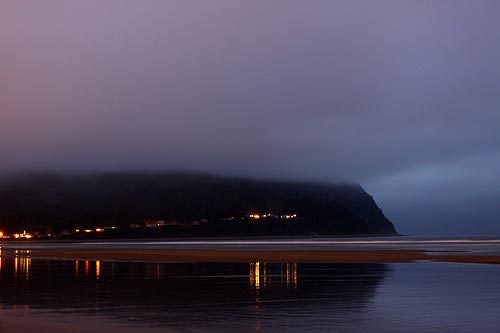
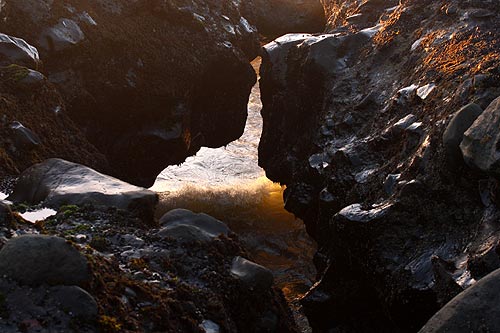
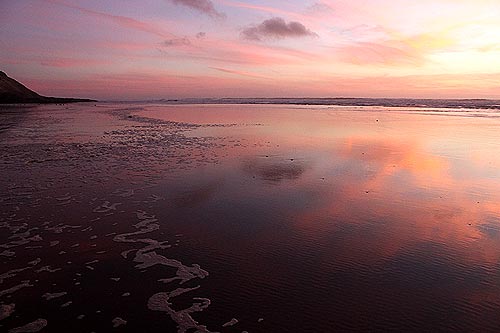
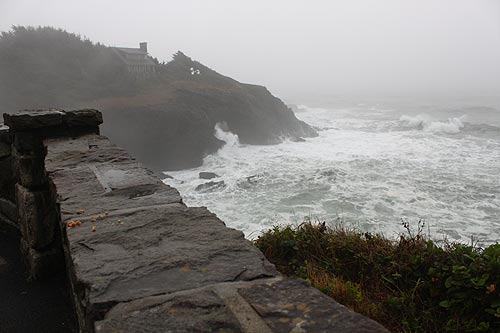
More About Oregon Coast hotels, lodging.....
More About Oregon Coast Restaurants, Dining.....
LATEST Related Oregon Coast Articles
Oregon Coast, Valley and Likely Washington Coast to Get Some Aurora Borealis ... |
Back to Oregon Coast
Contact Advertise on BeachConnection.net
All Content, unless otherwise attributed, copyright BeachConnection.net Unauthorized use or publication is not permitted
Secrets of the Season |
Unusual Travel Articles TravelParanormal.com allows you to submit your own creepy tale or debunk one - or see up-to-the-minute news headlines about travel and the paranormal. News Headlines from All Over Oregon Need to scan Oregon headlines? Constantly updated news from all over Oregon: a comprehensive, up-to-the-minute display of news headlines from a variety of media Oregon Coast Oceanfront Lodging, Hotels, Rentals |



